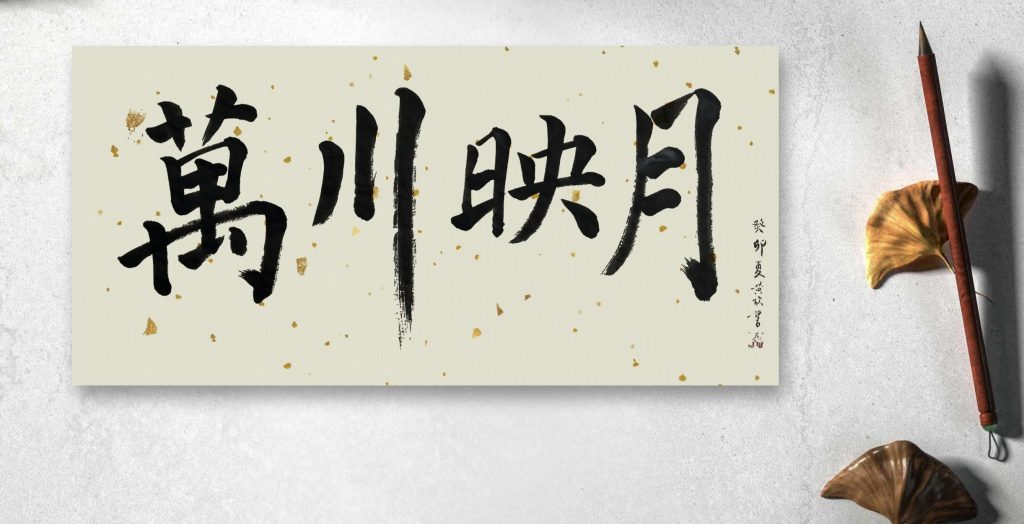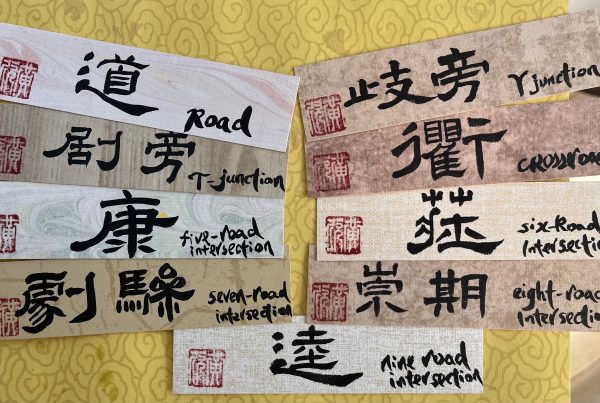Amid a significant merger involving 16 institutes within our industry, I often found myself pondering the proverb “萬川映月” or “thousands of rivers reflect the moon.” As we navigate the waters of this merger, the profound connection becomes increasingly apparent to me. In this post, I will delve deep into the meaning and implications of this proverb.
Amid a significant merger involving 16 institutes within our industry, I often found myself contemplating the proverb “萬川映月” or “thousands of rivers reflect the moon.” As we navigate the waters of this merger, the profound connection becomes increasingly apparent to me.

The philosophic concept, “萬川映月” beautifully illustrates the idea of perception and truth and the perspective on how different individuals perceive the same reality in varied ways, much like the moon’s reflection, appearing distinct in different bodies of water.
Just as the moon’s reflection varies from a calm lake’s tranquil surface to a rapid river’s turbulence, the same truth or reality can be seen differently due to our unique experiences, perspectives, and cognitive frameworks. However, this concept reminds us that these reflections are mere representations of the actual moon, and we must not mistake our subjective interpretations for objective reality.
Adding to the richness of this philosophy is the proverb “猴子撈月” or “monkey trying to catch the moon.” This metaphor describes a monkey’s futile attempt to grasp the moon’s reflection in the water, inadvertently causing the image to scatter.
The relationship between the moon in our eyes, the moon we see, and the moon seen by each individual is the essence and application of the Dao 道. If we can see the essence of the Dao and all things mutually reflecting without obstruction, this is the act of “hearing the Dao道”. The relationship between seeing and what is seen is another level in terms of the subject and object of perception. What we can see is determined by our ability to see. Only when we have the ability to see can we have something to see.
In essence, the Dao道 encourages us to understand and appreciate the immutability of the actual moon, the objective truth. The symbol of a “boat” often represents the journey towards the moon and the essence of the Dao道. According to Zhuangzi, a “hollow boat” signifies letting go of personal gain and focusing solely on the pursuit of knowledge, akin to traveling light and embracing the “Empty Cup Effect.” Xie Lingyun, a renowned scholar of the Southern and Northern Dynasties period, emphasised that becoming a hollow boat enables one to cross rivers and seas, overcome limitations, and reach new heights. While the “boat” plays a crucial role in achieving our goals, we often get lost in the quest for the perfect vessel, losing sight of our ultimate objective.
While these ancient Chinese philosophies might seem distant or abstract, I find them remain relevant to today’s life.
The recent merger of 16 institutes in my industry has re-ignited discussions around open, distance, online, flexible learning, face-to-face and blended learning.People perceive different aspects of these concepts, much like the moon’s reflections on rivers and lakes. The conversation on the ideal learning management platform brings to mind the metaphor of the boat.
Observe the video demonstration as you use your ink and brush to write “萬川映月”. Reflect on your own experiences while doing so.
